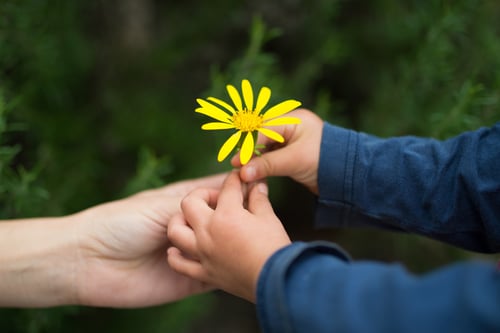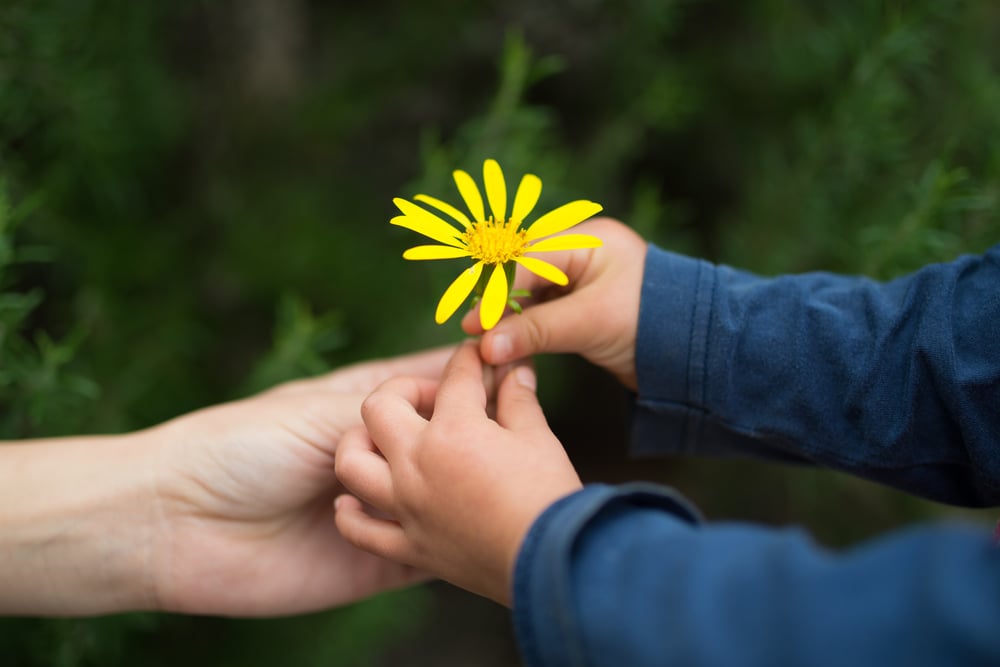Transform Your Life with Gratitude: Cultivating Positivity Every Day

Did you know you have the power to reverse a bad mood and regain control over your emotions? Imagine being able to lift yourself out of a funk at will.
Negativity, with its army of emotions like anger, envy, sadness, resentment, and despair, has a way of pulling everyone into its vortex, draining vitality and joy. It's in the morning traffic report, the office break room complaints, the evening news, and rampant across social media. Beyond dampening spirits, research has highlighted the tangible health risks associated with a negative mindset, including elevated stress hormones.
Yet, shifting from a negative to a positive mindset is achievable with practice.
One effective strategy for mood enhancement is the practice of gratitude. This approach is grounded in the fact that despite our ability to multitask, we can only entertain one thought—and thus one emotion—at a time. By consciously choosing positive thoughts, we automatically evoke positive emotions, crowding out the negative ones.
Steps to Combat a Negative Mood with Gratitude:
Continuing from the transformative power of gratitude, let's delve deeper into integrating this practice into our lives for sustained positive mental health and overall well-being. Here are 10 steps to get you started:
1. Daily Gratitude Reflection:
Set aside time each day, perhaps in the morning or before bed, to reflect on what you're grateful for. This can set a positive tone for the day or offer a peaceful conclusion, ensuring that gratitude frames your daily experience. It can easily be practiced in the middle of the day when you are having a challenging moment, to ease the tension and get your mind back on track.
2. Gratitude Journaling:
Beyond listing things you're grateful for, engage in gratitude journaling. This involves writing more detailed entries about particular aspects of your life you appreciate. The act of writing reinforces these positive thoughts and makes them more tangible. The goal of journaling is to create a list, an ongoing collection of items, people, experiences, and accomplishments for which you are grateful, and that you can refer back to when you need a positive pick-me-up.
3. Gratitude in Communication:
Make it a habit to express gratitude in your interactions with others. Thanking someone for their help or acknowledging the positive impact they've had on you can strengthen relationships and spread positivity. The more specific your reasons are for your thanks, the more powerful the impact for the person and for you.
4. Challenge Negative Thoughts:
When you catch yourself in a spiral of negative thinking, challenge these thoughts head-on. Ask yourself if they're truly accurate or if a more positive perspective is possible. "Does this deserve a negative reaction, or is a different response more appropriate? You can choose instead to respond with acceptance of the circumstance, curiosity to learn more, reassessment of your understanding, or a prompt to create change or an action plan. This cognitive restructuring is a powerful tool which you have complete control over. Having a clear list of when you let negative emotions such as anger occur. For example: if someone is directly trying to harm me versus they made a mistake.
5. Gratitude Reminders:
Place visual reminders in your environment to practice gratitude. This could be sticky notes with affirmations or symbols that remind you of things you're grateful for. These cues can help bring your focus back to gratitude throughout the day.
6. Share Your Gratitude:
Sharing what you're grateful for with friends or family can amplify the positive effects. Whether through conversation, social media, or a gratitude group, spreading gratitude can foster a supportive community of positivity.
7. Volunteer and Give Back:
Acts of kindness and giving back to the community can deepen your sense of gratitude by highlighting what you have to offer others and witnessing the positive impact of your actions.
8. Embrace Nature:
Spending time in nature and appreciating its beauty can be a profound source of gratitude. Nature's wonders often put our lives into perspective and remind us of the world's vastness and our own place within it.
9. Practice Mindfulness:
Engaging in mindfulness and meditation can enhance your gratitude practice. Mindfulness encourages present-moment awareness, making it easier to notice and appreciate the many positives in our daily lives. It helps us focus on and experience the moment rather than run away mind loops that pull us into the past or draw us into future experiences that may or may not happen.
10. Celebrate Small Wins:
Look for reasons to have a celebration. Recognize and celebrate even the smallest successes or joys in your life. This habit can shift your focus from what's lacking to the abundance already present.
By embedding these practices into your life, you cultivate a mindset of gratitude that not only combats negativity but also enriches your overall life experience. Gratitude, as numerous studies suggest, is not merely about being thankful for the good things in life—it's a transformative practice that reshapes our brain, improves our health, and elevates our interactions with the world. You have 100% control over this mental health technique, which has dramatic positive benefits.
Gratitude not only dispels negative emotions but also fosters positive ones, leading to better mental and physical health outcomes, including longevity and reduced risk of conditions like heart attacks and strokes. It is impossible to feel negative emotions like envy, resentment, or anger when genuinely experiencing gratitude. This singular focus on gratitude effectively monopolizes our internal dialogue, steering us towards a healthier mindset.
Moreover, adopting simple rules can further mitigate the cycle of negativity. For instance, choosing specific scenarios where anger is justified can prevent unnecessary stress and anger in less critical situations, contributing to a healthier, more controlled emotional state. Practicing gratitude and mindfulness is not just a daily ritual but a lifestyle choice that significantly impacts our mental and physical well-being. Incorporating gratitude into our daily lives requires intention and effort, but the rewards are usually immediate. It's a pathway to a healthier, happier, and more fulfilling life. As we practice gratitude, we learn that true well-being starts from within, influenced by our thoughts and perspectives. Let's commit to this journey of gratitude, transforming our lives one thankful thought at a time.


